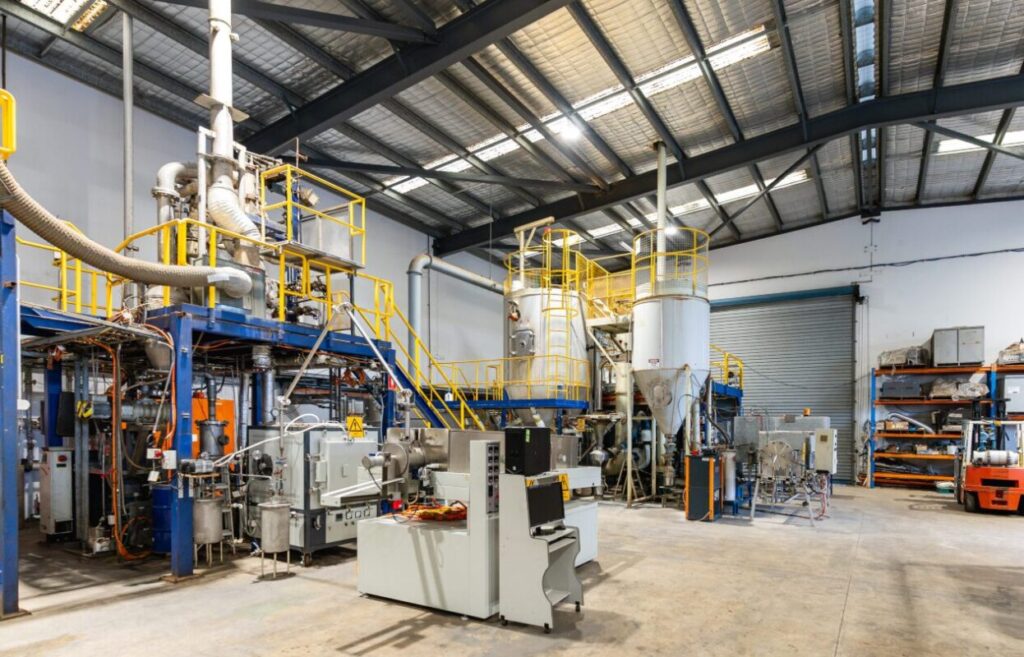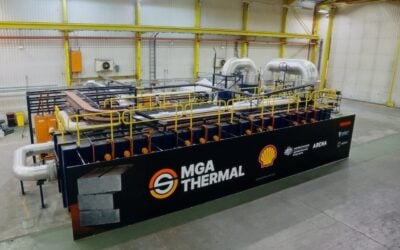
New South Wales could become the first Australian state to pass battery regulation under the Product Lifecycle Responsibility Act.
The proposed Product Lifecycle Responsibility Act aims to establish a framework for suppliers of specific battery products to engage in mandatory stewardship programmes.
Under the Act, organisations that create and sell these products must adhere to strict requirements on design and manufacturing, reuse and recycling, and safe disposal. This is hoped to reduce the environmental impact at every stage of a regulated product’s lifecycle.
Penny Sharpe, the New South Wales minister for the environment, emphasised the importance of batteries to the state’s economy, but work is required to reduce potential hazards with the technology.
Try Premium for just $1
- Full premium access for the first month at only $1
- Converts to an annual rate after 30 days unless cancelled
- Cancel anytime during the trial period
Premium Benefits
- Expert industry analysis and interviews
- Digital access to PV Tech Power journal
- Exclusive event discounts
Or get the full Premium subscription right away
Or continue reading this article for free
“Batteries power our modern life, and we will need them more as we decarbonise our economy. But without adequate safety and care, we will see further deaths, injuries, and property damage,” Sharpe said.
“This Bill will give the New South Wales government the strongest powers in the country to ensure suppliers take accountability for the products that they sell. This is nation-leading reform, and I’m very proud to move on it.”
Fire & Rescue New South Wales responds to 384 lithium-ion battery incidents
The Bill was introduced to the state parliament after Fire and Rescue New South Wales had responded to 384 lithium-ion battery incidents since 2024. Those incidents include at least 33 injuries and multiple fatalities. How many of these were related to stationary battery storage systems has not been specified.
Alongside this, the waste and recycling industry estimated that between 10,000 and 12,000 fires each year in trucks and waste facilities are caused by improper disposal, use, and poorly designed lithium batteries.
This has prompted the New South Wales Fire and Rescue Department to deem batteries the “fastest-growing fire risk to the state.”
Fire and Rescue New South Wales has guidelines on how to stay safe with both residential battery systems and lithium-ion batteries in portable electronic devices, such as e-bikes and e-scooters. This includes information on how lithium-ion batteries can catch fire and what to do in an emergency.
To counter this, the Bill will look to establish Product Stewardship Organisations (PSOs) that will notify brand owners of requirements before they supply a related product to New South Wales.
The Bill also outlines several core objectives to achieve. A notable inclusion includes improving the design of batteries to make them safer and supporting the New South Wales government in establishing lithium-ion battery design standards for e-mobility solutions.
This will include battery design, packaging, importation and storage to improve safety and recyclability.
Another inclusion that could directly impact BESS is recycling capabilities. The Bill will look to incentivise battery recycling capacity to help create a circular economy.
At the time of reporting, the Bill is currently awaiting assent.
Utility-scale battery recycling in Australia
Utility-scale BESS recycling in Australia made headlines earlier this year, with battery recycling firm Livium, via its wholly owned subsidiary, Envirostream Australia, set to recycle Hithium Energy batteries from Lightsource bp’s 640MWh Woolooga solar-plus-storage site in Queensland. The deal is unique as the site has not yet been built.
Under the terms of the agreement, Livium will receive a processing fee for discharging, dismantling, and processing Hithium batteries and a fee for supplementary services. These include battery transport services, condition assessments, and tailored services.
The potential for utility-scale BESS recycling could be huge. Speaking exclusively to Energy-Storage.news in January, Livium CEO Simon Linge said that electric vehicle (EV) and BESS were the bulk of its 736 tonnes of large-format batteries processed in 2024, with BESS the larger of the two.





